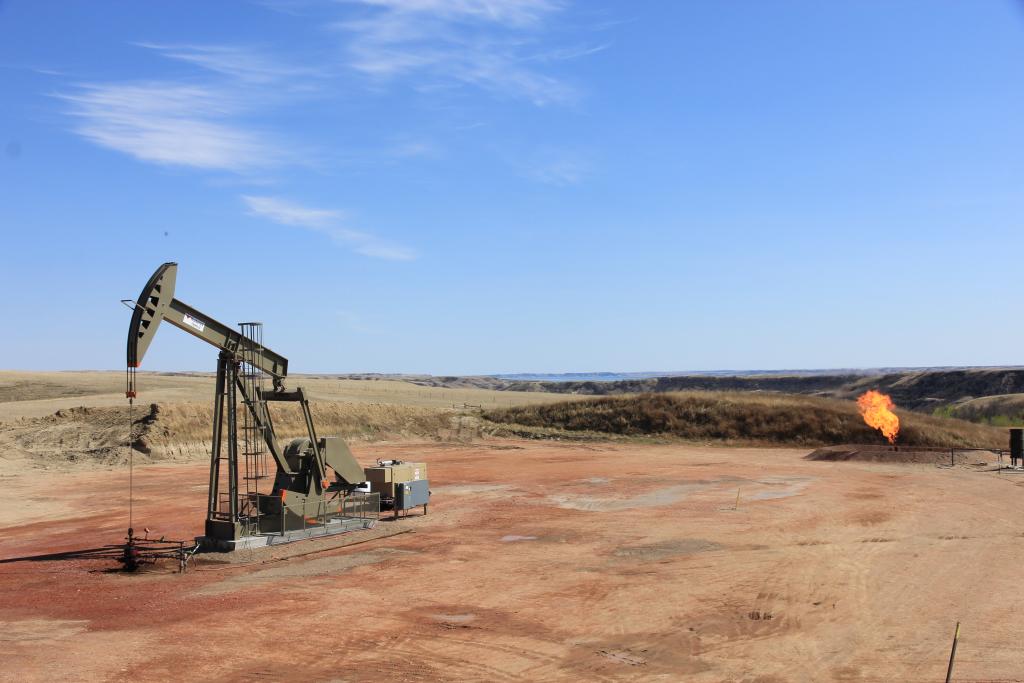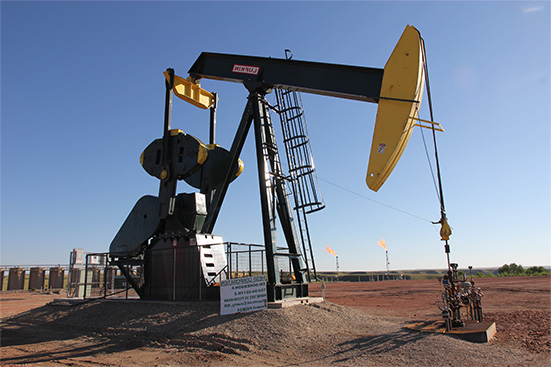
Investor sentiment plays a critical role in the financial landscape, frequently indicating upcoming changes in investment strategies. There’s growing speculation that sentiment is warming up to the energy sector, particularly fossil fuels. As the market shows signs of change, there’s a growing interest in oil and gas investments, with more individuals looking for industry-specific information and guidance.
Navigating Market Uncertainty
Investor sentiment often responds to market dynamics, be it a downturn, retracement, adjustment, or decline. History suggests that in times of widespread market downturns, the appeal of oil and gas investments intensifies. This stems from a return to ‘value’ investments: assets perceived as essential and profitable. Fossil fuels fit snugly into this category, as commodities that are essential to societal needs.
The evidence supporting the increased appeal of oil and gas investments during widespread market downturns can be found in several aspects of investor behavior and market dynamics:
- Safe Haven Assets – In times of market uncertainty, investors often seek ‘safe-haven’ assets. Historically, commodities like oil and gas have been perceived as more stable investments during economic instability. This is because they are tangible assets with intrinsic value, unlike stocks and bonds, which can be more volatile.
- Supply and Demand – Economic downturns can affect supply and demand dynamics in the energy sector. For example, if an economic downturn leads to decreased production, it could eventually lead to higher oil prices, making oil and gas investments more appealing.
- Historical Investment Patterns – Historical data shows that during certain economic downturns, there has been an increased investment in oil and gas. This pattern is often due to the perception of these commodities as more secure compared to other assets.
- Diversification – Investors often look to diversify their portfolios during market downturns to reduce risk. Oil and gas investments can provide this diversification, as their performance is not always directly correlated with that of the stock market.
- Energy Sector Resilience – The energy sector, particularly oil and gas, has shown resilience in past economic downturns. Despite fluctuations, the global reliance on these energy sources can sustain their investment appeal.
There’s a sense that the next significant market downturn could particularly impact the tech sector, echoing the Dot.com bust of 2001. An event like this could shift investment focus from the tech sector, possibly for years. Current comparisons with AI and renewable energy firms indicate that a significant market adjustment in these sectors could steer investment toward more traditional industries, like oil and gas.
Contact DW Energy
Want to learn more about oil & gas investing? Our expert team can provide you with more information or schedule a consultation to talk about diversifying your investment portfolio.

Financial Valuations
From a valuation perspective, there’s a notable difference in how different sectors like tech, renewable energy, and oil and gas are being viewed and potentially valued in the financial markets, particularly in light of the overall economic conditions and future projections.
For instance, many believe that the stock market is bordering on being overvalued. Tech companies, known for their high valuations and debt, could struggle in more stringent economic climates. Likewise, renewable energy companies, which frequently rely on government subsidies, may encounter challenges during an economic downturn.
In contrast, the oil and gas sector stands out as an exception. Many energy companies are generally perceived as undervalued, with stock prices trading below the value indicated by their balance sheets, income, and cash flow statements. With oil prices maintaining their upward trajectory, the industry’s financial health appears strong.
In this environment, investors might view the oil and gas sector as a more attractive option, especially if they’re looking for undervalued opportunities or industries that could perform well even in a challenging economic climate. The contrast between the perceived overvaluation in tech and renewable energy sectors and the undervaluation in the oil and gas sector could lead to a reallocation of investments, with more funds flowing into traditional energy companies.
ESG Funds and Fossil Fuel Demand
The role of ESG (Environmental, Social, and Governance) funds cannot be overstated in today’s energy market. These funds, which prioritize investments that meet certain environmental, social, and governance criteria, are increasingly influential in directing capital flow. However, the criteria and regulations governing these funds are not static and can evolve over time.
If the stringent ESG criteria become more relaxed, there could be an increase in investments in fossil fuels, which are typically viewed as less aligned with ESG principles. This is because investors guided by ESG considerations may find it more acceptable to include oil and gas in their portfolios if the regulatory framework becomes less restrictive.
Moreover, as the global economy continues to recognize the ongoing necessity of fossil fuels in the transition towards renewable energy, the perception of oil and gas within the ESG framework might shift. If the essential role of fossil fuels in sustaining renewable energy development and bridging the gap until renewables can fully satisfy energy demand becomes more widely recognized, this could heighten investor interest in the sector.
Government Funding and Sector Stability
Recent laws highlight the vital role of fossil fuels in the U.S. economy. The Inflation Reduction Act, the CHIPS Act, and the Infrastructure Investment Act have allocated substantial funds to initiatives reliant on fossil fuels. This financial commitment suggests a level of guaranteed government support that boosts the stability of the oil and gas sector, even in the face of a potential recession.
The Significance of Oil and Gas Investments
The significance of oil and gas investments can’t be overstated. While renewable energy is essential for the future, fossil fuels are still a fundamental part of the world’s energy mix. Investment in this sector is not just about the potential for financial return but also about supporting the infrastructure that enables the transition to cleaner energy sources.
Why DW Energy Group Stands Out
DW Energy Group provides investors with a chance to participate in the energy sector, guided by our knowledgeable and ethical approach. Our approach is rooted in education and transparency, helping qualified oil and gas investors understand the potential and value of their investments.
As investor sentiment shifts and new market challenges arise, the oil and gas sector stands out as an area ripe for investment. If you are a qualified oil and gas investor wanting to broaden your portfolio and access the potential of energy investments, DW Energy Group is here. Get in touch with us today.
Contact dw energy
Sources:
“Who’s to Blame for the Bubble?” Harvard Business Review, https://hbr.org/2001/05/whos-to-blame-for-the-bubble
“What Is Environmental, Social, and Governance (ESG) Investing?” Investopedia, https://www.investopedia.com/terms/e/environmental-social-and-governance-esg-criteria.asp
“Coal & Steel,” World Coal Association, https://www.worldcoal.org/coal-facts/coal-steel/
“Biden-Harris Administration Announces Up To $1.2 Billion For Nation’s First Direct Air Capture Demonstrations in Texas and Louisiana,” U.S. Department of Energy, https://www.energy.gov/articles/biden-harris-administration-announces-12-billion-nations-first-direct-air-capture
“Simon Michaux, PhD, Geological Survey Finland – Not enough metals for total electrification,” Renewable Crude Derived Energy Association, https://rincrude.com/?p=1762
